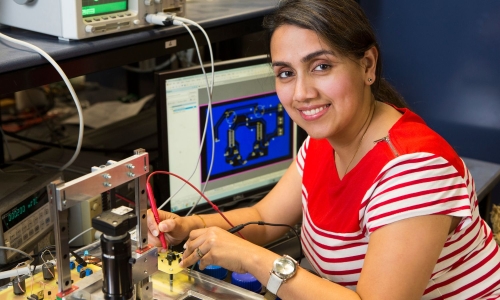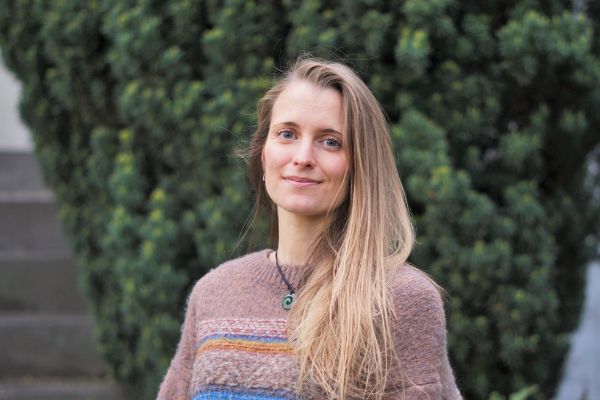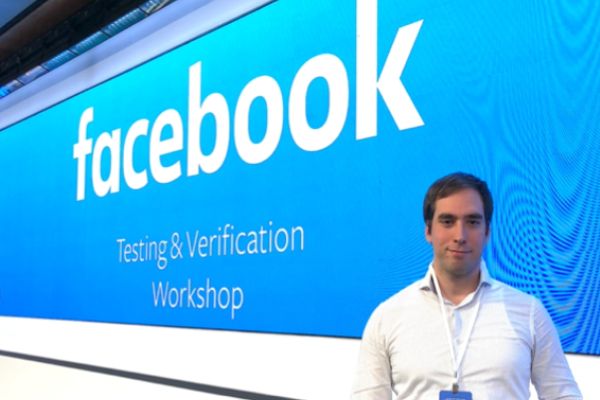Estellés explained that domestic funders tend to value research experience, such as being a senior academic, particularly if you are going to be the associate principal investigator. The Spencer Foundation was different and appreciated the fresh ideas in her education research.
“It has been a complete game changer because otherwise I would not have been able to carry out the research,” she says.
“Because it’s such a new field, there aren’t any established research groups and I don’t think I would have been able to start it by myself.”
Estellés hopes that this success at an international level, so early in her career, will help her to secure domestic funding in the future.
“I think that if you have demonstrated that you can compete with an international audience, you should be valued here as well,” says Estellés.
Estellés is enthusiastic about encouraging those who are unsure whether to apply for an international grant to give it a go.
“Sometimes we are a bit scared of applying for these international grants, but you need to try – at the very worst it’s a learning experience.”


